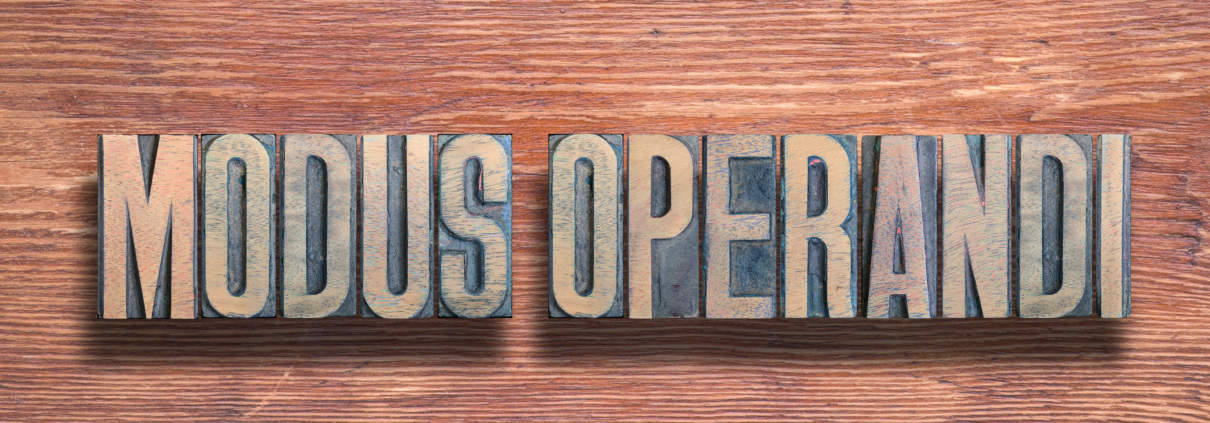Communicating and Making Decisions Together
One of the topics I return to most frequently in this space is family governance.
There are a few reasons for that, including the fact that it’s a really important part of why some families have been successful at transitioning their wealth through generations, as well as the fact that it remains pretty much a misunderstood area for families who simply aren’t there yet.
As I look back at how I’ve treated this subject in the past, I was happy to come across this blog from 2017, Old MacDonald Had Family Governance (E-I-E-I-O).
Those vowels from the children’s song happened to line up nicely with some adjectives I’d been thinking about when considering family governance.
Things a Family Needs to DO Together
So much talk about family governance surrounds the things that the family needs to do together. In a sense, they’re about creating a “modus operandi” for the family.
I need to give a tip of the hat to Walid Chiniara for this idea, as his recent book, Dynastic Planning is where the seed for this blog post was planted a few weeks ago.
Of course there is much that any family needs to learn to do together that becomes the foundation of their governance.
From communicating and decision-making to creating forums and learning to solve problems together, there’s always more that needs to be done.
Method, protocol
When I went to Shutterstock to search for an image to accompany this post and I entered “modus operandi”, I got a couple of hits with those exact words, but also some other suggestions that made me think.
The two that stood out to me were “method” and “protocol”, which might be some ways to keep in mind as your family (or your client family) works to establish the ways that they are going to do things together, as they prepare for the family’s wealth to eventually transition to the next generation.
But of course the title of this post promised that there’s much more to family governance than a modus operandi, and so this is where I want to turn to now.
And this is where Chiniara’s inspiration from that book truly kicks in.
The Way a Family Needs to BE Together
I feel like I’ve been over this territory a lot, but it’s so important that it bears repeating nonetheless.
This “territory” is the distinction between “doing” and “being”.
It’s as basic as the difference between asking a child “what do you want to be when you grow up” as opposed to “what to do you want to do”.
And yes, I do realize that the two are very much intertwined, so for many people it may be a distinction without much difference.
But in the family governance realm, the way a family learns to be together is something that’s always worth working on.
Informal Family Governance
So much of what ends up driving a family’s governance is actually very informal, especially when a family is still figuring all this stuff out.
Before the “protocols” and the “methods” actually get formalized, most families more or less fly by the seat of their pants for a while, and that’s perfectly fine in the early stages.
And whereas the formal part becomes a “modus operandi”, the informal part is much more of a “modus vivendi”. (Thanks Walid)
Vivendi translates to “of living”, and it’s all about how the family members learn how to live together and be together, when working on their governance.
Of course when you Google “modus vivendi” the top hits will direct you to an underwear brand that uses that name; I guess it is a pretty clever name for that intimate layer of clothing.
Practice, Practice, Practice
To reprise the punchline from the joke about “how do you get to Carnegie Hall?” the answer here is also “Practice, practice, practice”.
Family members who will be expected to work together to make decisions for the good of the family in the future need to practice working together and making decisions together before they get thrust into situations of real importance.
The longer the runway, the better. Let the elders step aside and watch how their offspring actually act and behave as they plan and execute on events and ideas together.
The modus vivendi they co-create will become the foundation required to support the eventual wealth transition you’re striving for.




